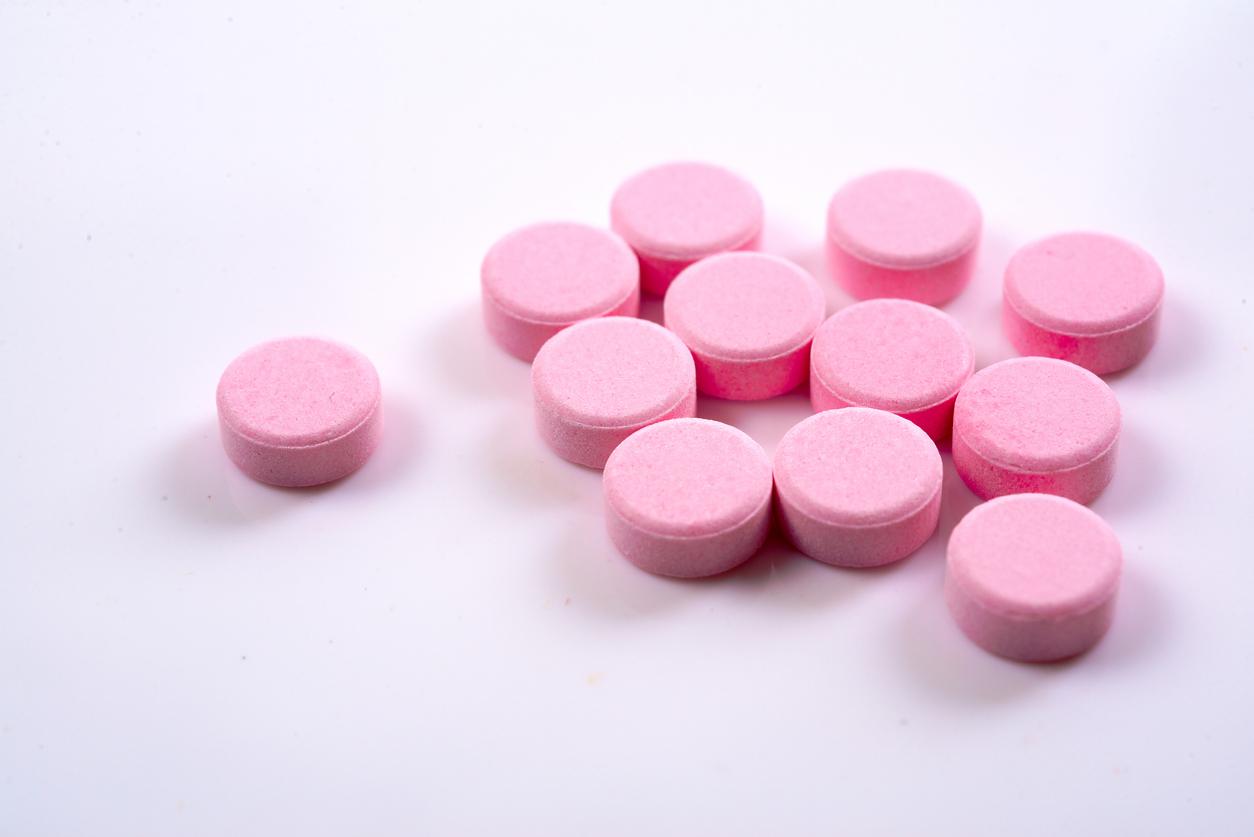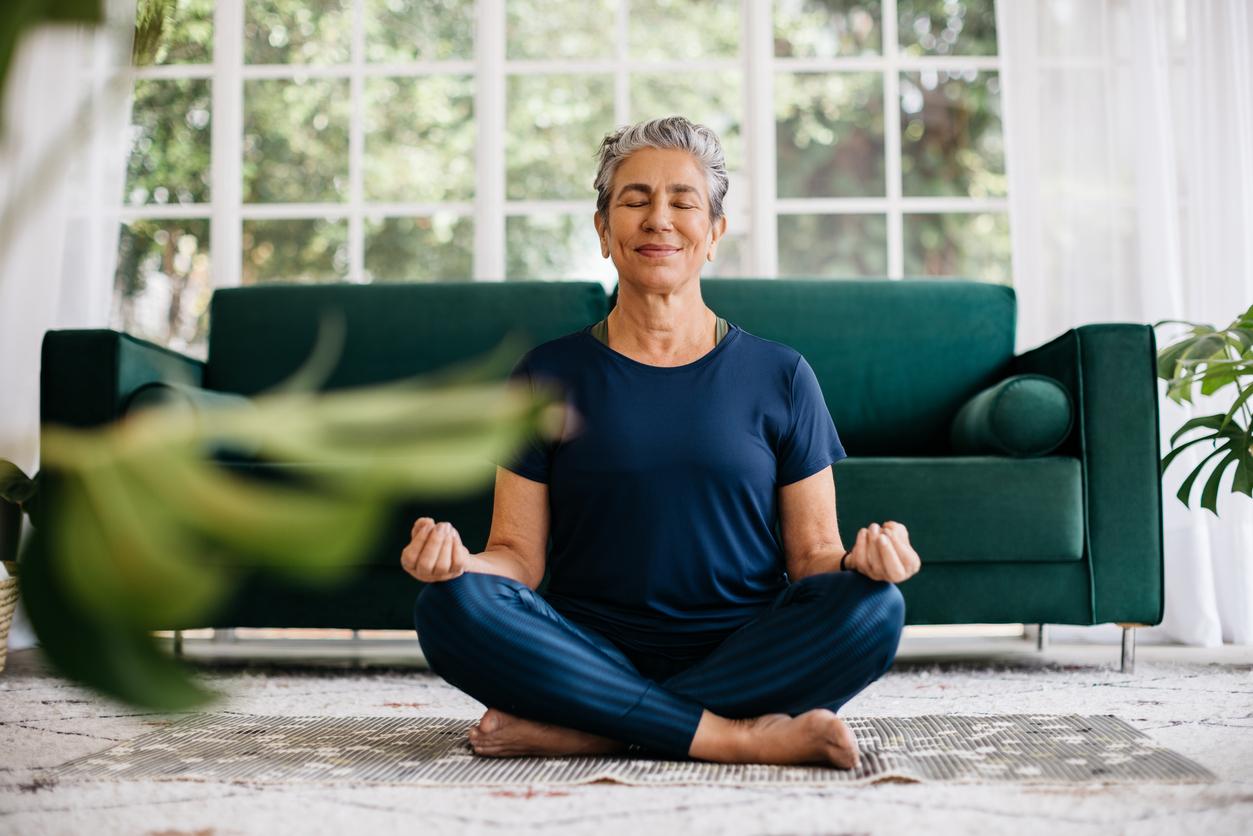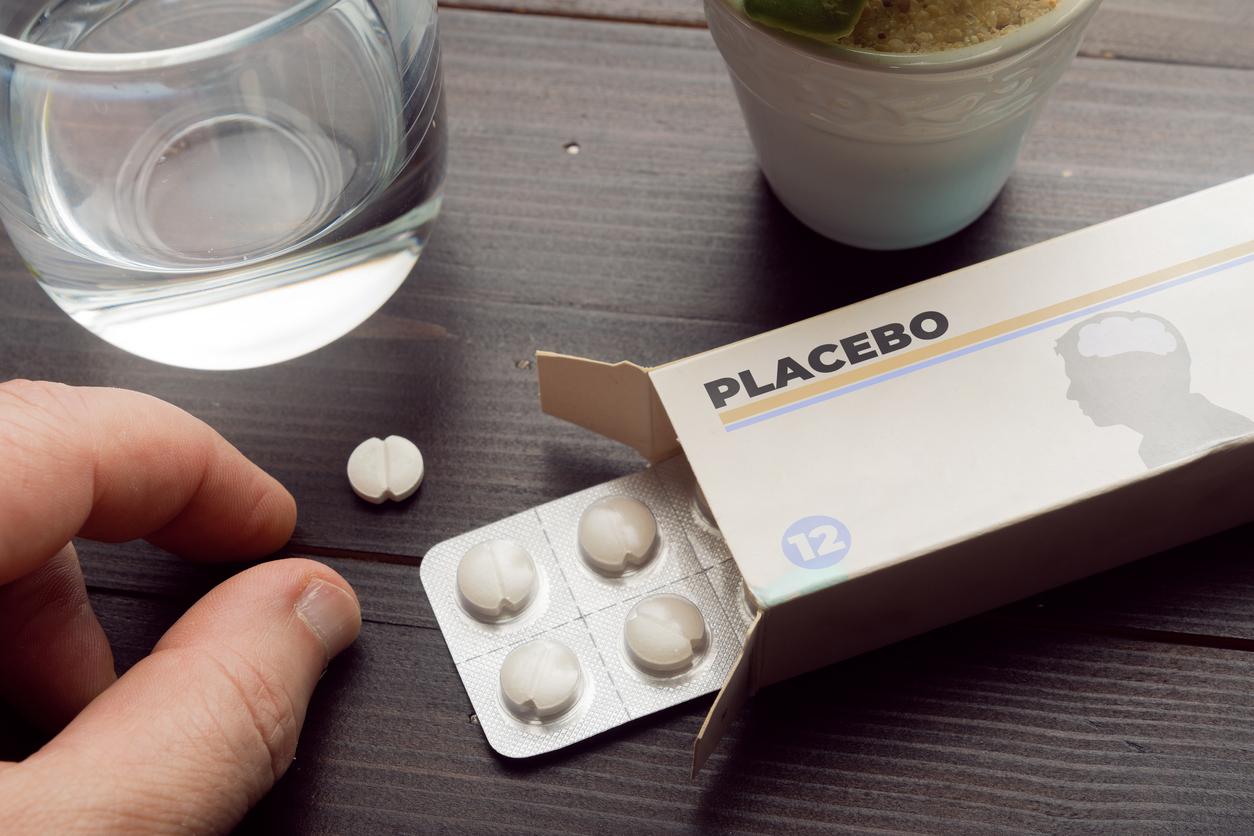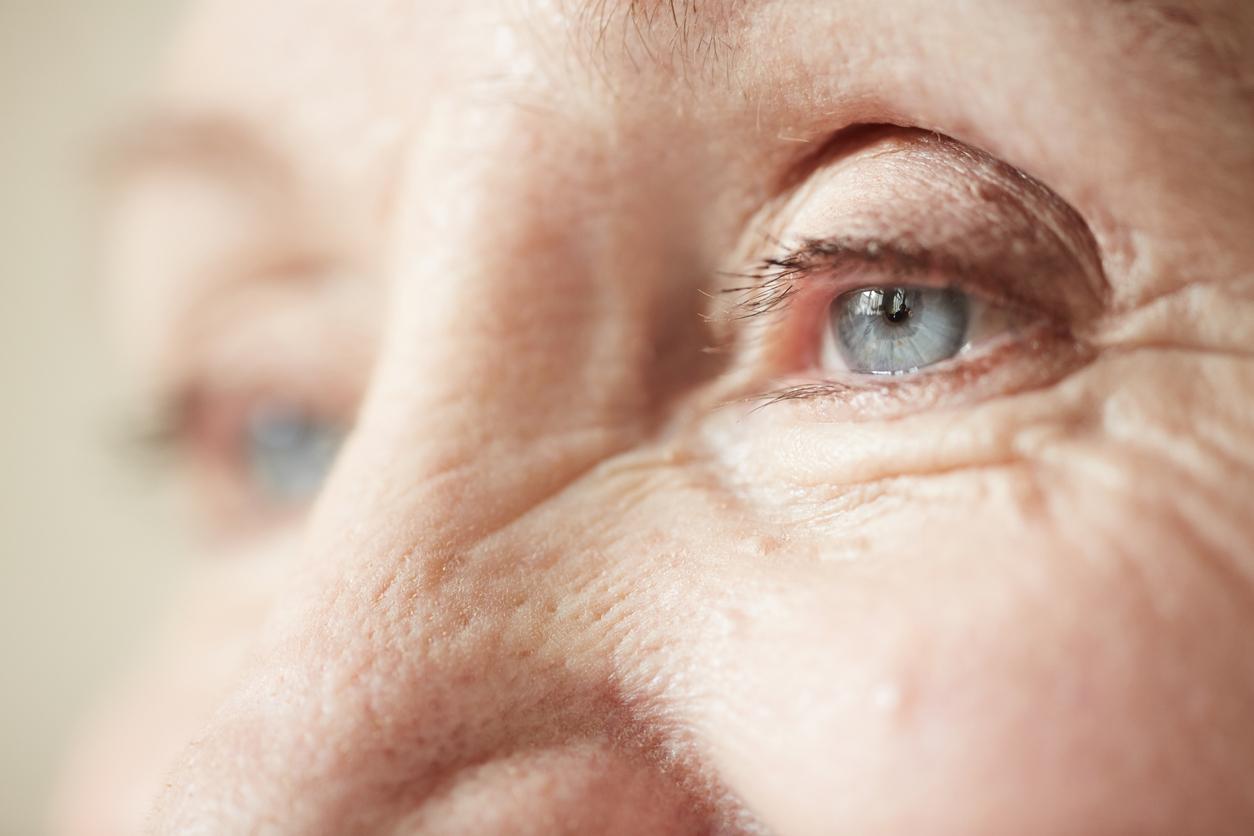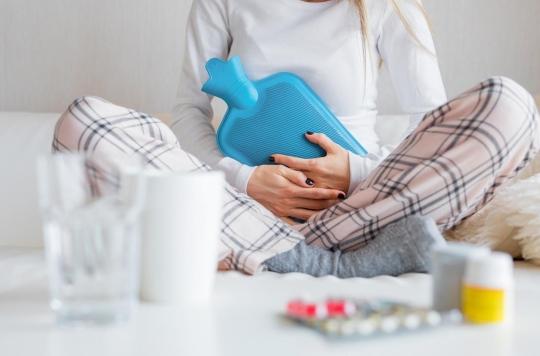
Why we fix up with a fake treatment
Fake pills and fake treatments can work, but only if we believe in them. In fact, the more faith, the more effect. How is that possible?
It’s amazing that taking a sugar pill can make you feel better. In the past, doctors used a placebo or dummy pill, especially if they had nothing else to offer and still wanted to give the patient something. The fact that something that doesn’t work can still help is called the placebo effect.
Expectatitons
Jozien Bensing, one of the world’s leading placebo researchers, stretches that term much further. She says: “For about ten years it has become increasingly clear that the placebo effect is not only the effect of a fake pill or a fake treatment itself, but also of the patient’s expectations and experiences. Seeing a syringe, smelling the hospital air and the doctor’s voice cause the brain to produce substances that relieve pain or increase well-being.”
Recent research indicates that especially the attitude of the doctor seems to have a major influence on the placebo effect. And Bensing knows a lot about that. Since 1976 she has analyzed more than sixteen thousand recordings of conversations in consultation rooms of general practitioners and specialists.
To trust
Jozien Bensing does not only study consultations. She is also interested in what happens in the brains of patients when they are treated, and she follows patients to see how much they are suffering from their disease. By combining all this, she understands better and better how the doctor’s attitude affects the health of the patient. Her conclusion: it’s all about trust. “A doctor who has a lot of confidence in the treatment he is prescribing should let his patient know. If he only prescribes a pill, he is missing an opportunity. Because if the patient is convinced that the treatment that the doctor has chosen is really the best remedy, his own body will help to make the treatment successful.”
Quackery?
How does the body do that then? It smells a bit like quackery. “Yes, the placebo effect still evokes associations with quacks and alternative medicine. But scientific knowledge about the placebo effect has increased enormously. A lot of research has been done in particular on pain. PET scans allow us to see which areas of the brain become active. if someone – without knowing it – gets a fake pill and tells their doctor that it is a very good painkiller that will quickly reduce the symptoms.These are exactly the same areas as when someone uses a real painkiller.
Neurotransmitters
What happens then is this: two important neurotransmitters (substances that transmit signals between nerve cells) get to work; the body makes opioids that reduce pain (for example, endorphins) and the body also makes dopamine, a substance that makes a person feel more comfortable. Even if the doctor does not give a pill, but only talks reassuringly with the patient, those brain areas are tapped. And that also happens – and that is completely difficult to imagine, but really proven – when the doctor tells honestly that the patient is taking a fake pill: ‘This is a placebo, but I see in many patients with your pain symptoms that they improve. ‘ That has an immediate effect. That’s because the patient responds to the positive message the doctor gives.”
Conditioning
How is it possible that our body reacts so strongly to fake pills and the attitude of the doctor? “There are several mechanisms underlying the placebo effect. One of these is conditioning: the body learns from previous experiences. Think of Pavlov’s dog, who gastric acid produced when he heard the food bell. If you’ve ever had a headache and then got pills that worked great, your body thinks the second time: I’ll get better. It also works the other way around: if the pills did nothing the first time, you’re more skeptical about new pills the second time.”
Expectatitons
The placebo effect also has to do with positive expectations. Suppose a doctor prescribes a new medicine and says, ‘The results of this medicine are very good. Come back in two weeks, I’m sure your complaints will be gone by then.’ Then it turns out that the drug works much more effectively and faster than if the doctor takes a neutral stance and says: ‘I don’t know exactly what this drug is going to do.’ Even more interesting is what happens when the doctor not only inspires confidence, but is also warm and empathetic. Then the effect of the treatment will increase. If he takes a business-like attitude and is skeptical or neutral about the effectiveness of the treatment, the effect will zoom down. So it’s the combination of experience, positive expectations and loving attention that makes the difference.”
How big is the placebo effect?
“That differs per condition. Sometimes 20 percent of patients recover from a fake pill or a fake treatment. Sometimes it is 50 percent, sometimes as much as 80 percent. We do not yet know where that difference comes from. It is interesting that the effect of a placebo is often greater than that of the treatment itself.Take antidepressants.Only half of the patients reduce their depressive symptoms when they take an antidepressant.We now know from research that half of the people with depressive symptoms would also improve if they you would give them a fake pill instead of an antidepressant, from which you can conclude that it makes sense for only a quarter of all patients to antidepressant to swallow. The placebo effect plays a role in every disease and in every treatment, although it is not equally strong in every patient. Because a positive attitude of the patient also plays a role.”
Serious illnesses
How far does the placebo effect actually go? Does it also help with serious illnesses such as cancer or diabetes? “I will never say that you cancer can talk away. Or that you get rid of your illness by believing in a good outcome. If you say that, you’re a quack. cancer, diabetes, heart disease: effective treatments are needed for that. What I do put my hand in the fire for is that the attitude of the doctor can ensure that patients suffer less from their illness.”
“This has been studied by comparing groups of patients with the same condition. They receive the same treatment, but a different message. One group is told that it is a very effective drug that will reduce the complaints. The other group is told that the treatment probably doesn’t work for everyone. Afterwards, it turned out that the people who received a positive message from their doctor had fewer complaints than the people in the other group. And that applies not only to pain, but also to nausea, anxiety and depression. The disease itself does not disappear because of the way a doctor behaves, but the symptoms decrease. And that is crucial. After all, people do not suffer from cancer, but from the complaints that it causes. And if you can reduce them by communicate well, then you are doing a good job as a doctor.”
Time and attention
What should doctors do to take full advantage of the placebo effect? “Giving their patients time and attention. People find it extremely important that their doctor is empathetic, shows interest, takes them seriously and gives them the opportunity to tell their story. When doctors do that, they get much better results. various studies have shown. I therefore always argue in favor of introducing a ‘view & listening fee’ part in the build-up of doctors’ fees. So that doctors know: talking is not a luxury, but necessary. I am paid for it.”
The trend is precisely that doctors and nurses are increasingly less attention have for patients. “The attention is now mainly focused on efficiency. And I find that extremely worrying. This focus has ensured that the humane, warm side of healthcare has faded into the background. The human factor in healthcare is not just pleasant; It really helps if you pay attention to patients! Hospital management should realize that much better.”
Remote healthcare
“Take something like ‘remote care’. It seems efficient to install a computer-controlled pump with a painkiller in someone’s home, which can be operated by the nurse in the hospital. But a painkiller that comes with a positive message and a few reassuring words. given by a nurse is much more effective and faster than administration by such a computer-controlled pump.”
Eye contact
Yet doctors will object that they don’t have time to hear all the patients’ stories. “When I give a lecture in a hospital, there is always a specialist who brings it up. ‘Being nice doesn’t have to take a lot of time,’ I say. And what are you talking about? Eye contact, a personal greeting at the beginning and a token of compassion when saying goodbye. Those three things make all the difference. It might take one, two minutes. I can understand that doctors find it difficult to radiate calm in the hectic world of the hospital. But I think it It already makes a lot of difference if they are trained to manage their stress. Just pretending you have all the time for the patient in front of you can work wonders.”
Can patients also initiate the placebo effect themselves?
“A positive attitude makes a lot of difference, research shows time and again. If someone believes that they can handle a disease or a therapy, it can make life a lot more bearable. People who are optimistic and do not feel like a victim have fewer side effects of heavy treatments – such as radiation and chemotherapy for cancer – than people who hang their heads.You also see that optimistic people on average suffer less from the symptoms of illnesses.In Parkinson’s it has been proven that people who believe that they can control their illness have fewer tremors. But never think that you can overcome an illness by thinking positively. Or vice versa, that it is your own fault if you get sick. An illness does not go away by saying ‘I’m going for it’. less bothered by it, that is undeniably true.”
Sources):
- Plus Magazine







